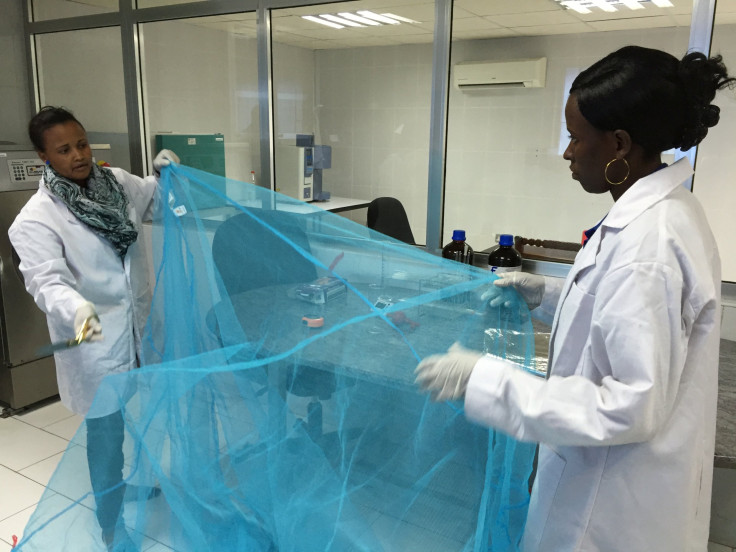Malaria mosquitoes stay away from chickens; Scientists identify natural odour compounds to repel mosquitoes

Scientists have revealed that keeping a chicken by one’s side may provide protection against malaria. The new research has shown that malaria-causing mosquitoes stay away from certain animal species, including chickens, as the mosquitoes are put off by the animals’ smell.
The study found mosquitoes being repelled by odours emitted by chickens. Thus, having chickens around may help protect humans from being bitten by the malaria-carrying mosquitoes.
“This study shows for the first time that malaria mosquitoes actively avoid feeding on certain animal species, and that this behaviour is regulated through odour cues,” corresponding author Rickard Ignell said in a statement. The study has been published in Malaria Journal.
While working in Ethiopia to find out what kind of blood the mosquitoes feed on, the researchers found out malaria mosquito in sub-Saharan Africa, Anopheles arabiensis, preferred human blood when feeding indoors. They fed on cattle, sheep and goats outdoors. However, both inside and outside, they avoided chickens.
Excited by the findings, the researchers from Swedish University of Agricultural Sciences and Addis Ababa University, Ethiopia, conducted further tests and found out that the mosquitoes even avoided traps baited with compounds extracted from chicken feathers. Even keeping a living chicken in a cage next to a trap had a similar kind of repellent effect.
Traps were set in 11 thatched houses in one of the villages for 11 days. In every house, a single volunteer in the age group of 27-36 years slept under an untreated bed net. Significantly lower number of mosquitoes was caught in traps baited with chicken compounds than in control traps.
Ignell said that people in sub-Saharan Africa have suffered from Malaria for a long time and mosquitoes have also become physiologically resistant to pesticides and have changed their feeding habits.
“In our study, we have been able to identify a number of natural odour compounds which could repel host-seeking malaria mosquitoes and prevent them from getting in contact with people,” Ignell added.




















